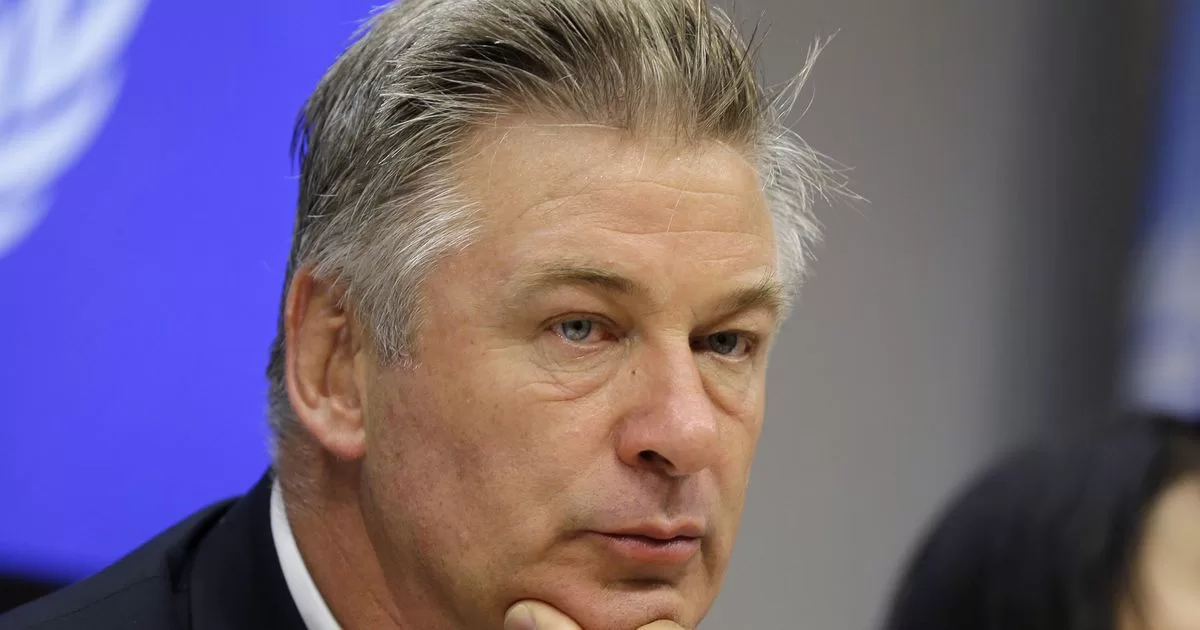Berlin.
The TV documentary “Poor despite work” shows the massive long-term effects that insecure employment has on society and politics.
Patricia, from Comines, France, is in her late 50s and has no problem voting for the Rassemblement National. With it of France right-wing populist party “is really taking action up there”. Patricia actually has little in mind when it comes to politics: “My politics is my wallet.”
The “up there” – justifies it in the arte documentation “poor despite work” – have long forgotten what their life was like “down here”: Employed by a temporary work agency, the cleaning lady works her way from one fixed-term contract to the next – without knowing how long she can still pay her bills. Her second job as an ironer wasn’t enough either.
A third of Europeans are in precarious employment
Patricia is just one of many who visited Katharina Wolff and Valentin Thurn for their film. Using examples from Germany, France, Spain and Sweden “poor despite work”, under which precarious working conditions a third of the employees in Europe now have to live: They have work, yes – but only poorly paid ones. And above all, no more permanent employment that would protect you in the event of illness or unemployment, let alone when you retire. Especially women are affected.
“If you don’t know how long you’ll have the job, you can’t plan,” she says Dortmund sociologist Mona Motakef the consequences of insecure work on individuals. In the long run you lost a perspective, then the meaning of your own life. “The hope that fixed-term employment contracts could have a bridging function to permanent employment has not been fulfilled.”
Uncertainty wears you down, you already knew that Confucius. And in fact, all the precarious workers in the film confirm that “little money” wasn’t the problem, but rather not knowing how long things could go on like this. And how they were able to survive the next crisis. Also read: Macron wants to push through pension reform – and risks everything
Lower incomes have stagnated for 30 years
Unsurprisingly, the pandemic also has the “social gap” in its hand Europe more open – those who had capital became richer – “as in every crisis”. Poorer who worked for a living. It’s been like this for decades.
“Incomes in the lower middle class have been stagnating for more than 30 years,” he explains British economist Guy Standingthe long-term effects of changing labor and social policies: since 2011 at the latest, one European country after another has liberalized its labor market, relaxed protection against dismissal and collective bargaining agreements.
At the same time, the states moved further and further their social responsibility back – through far-reaching social reforms, such as those implemented in Great Britain by Maggie Thatcher (Prime Minister 1979-1990) or in Germany by Gerhard Schröder (Chancellor 1998-2005). When French “yellow vests” took to the streets against social cuts for the first time in 2018, they appeared out of nowhere: “Politicians have lost these people from their field of vision.”
In late summer 2020, when the film was made, threatened additional rising inflation, food prices and energy costs the low earners who had no reserves for additional rental costs. In the documentary, he boldly predicts that in the “next 12 months we will see millions of people in Europe becoming homeless.” Bad luck for the film, luck for everyone – its horror scenario has not yet materialized.
The “invisibles” are also protesting in Germany
But in Germany, too, the “invisible” are now joining forces: under the hashtag #ichbinarmutbeaffected, people who can hardly make ends meet despite their work gather together. on Twitter and Facebook share their experiences. “It’s more pleasant to have contact with them than with the ideal, different world,” explains single parent Vanessa (41), how the gap between having and not having extends into everyday experiences.
Organize under the hashtag too street protests. They wanted to draw attention to the fact that poverty despite work is not an individual failure but a structural problem. And more and more people are affected. “I don’t care if there are rights involved,” explains another poverty-stricken woman.
The film also calls for people to show solidarity and fight together for social rights. “How will we decide?” he asks at the end and sees a direct connection between increasing poverty and electoral success right-wing populists, across Europe: “Will people take to the streets for their social rights? Or elect authoritarian leaders?” Both are not very reassuring, more like a threat.
You can find more articles from this category here: Television

